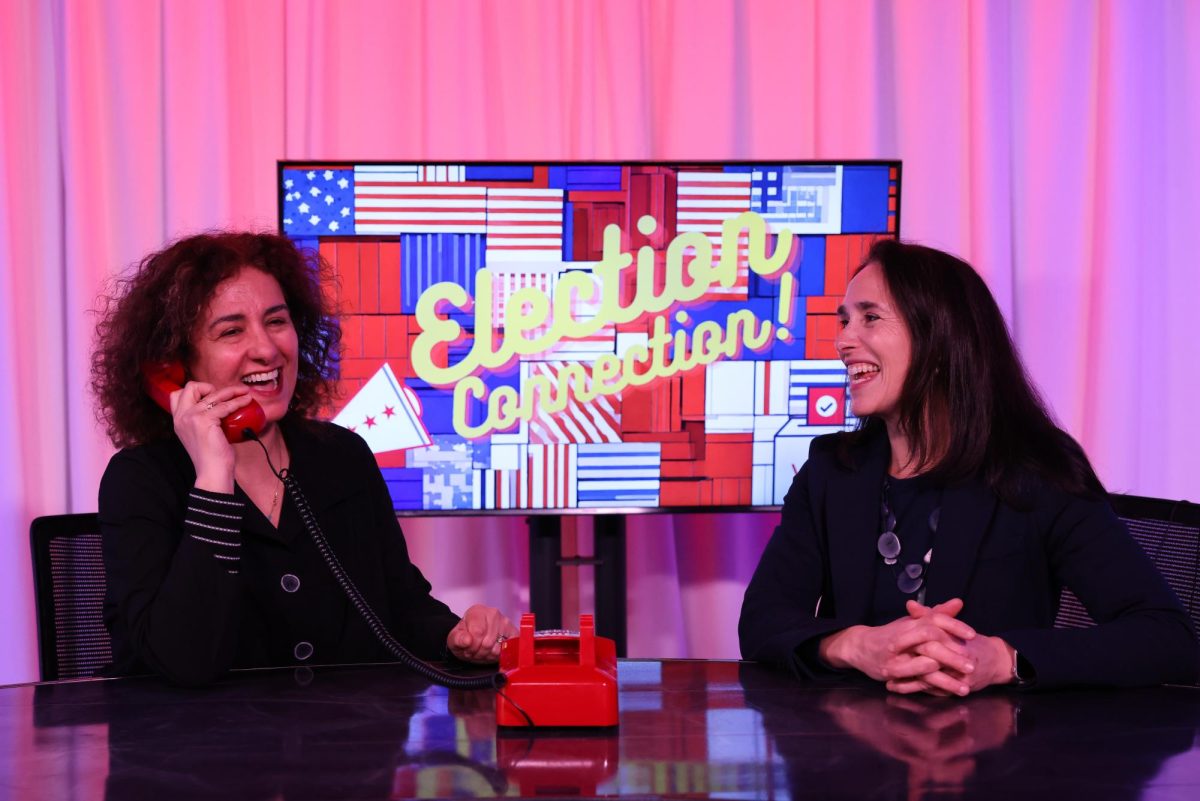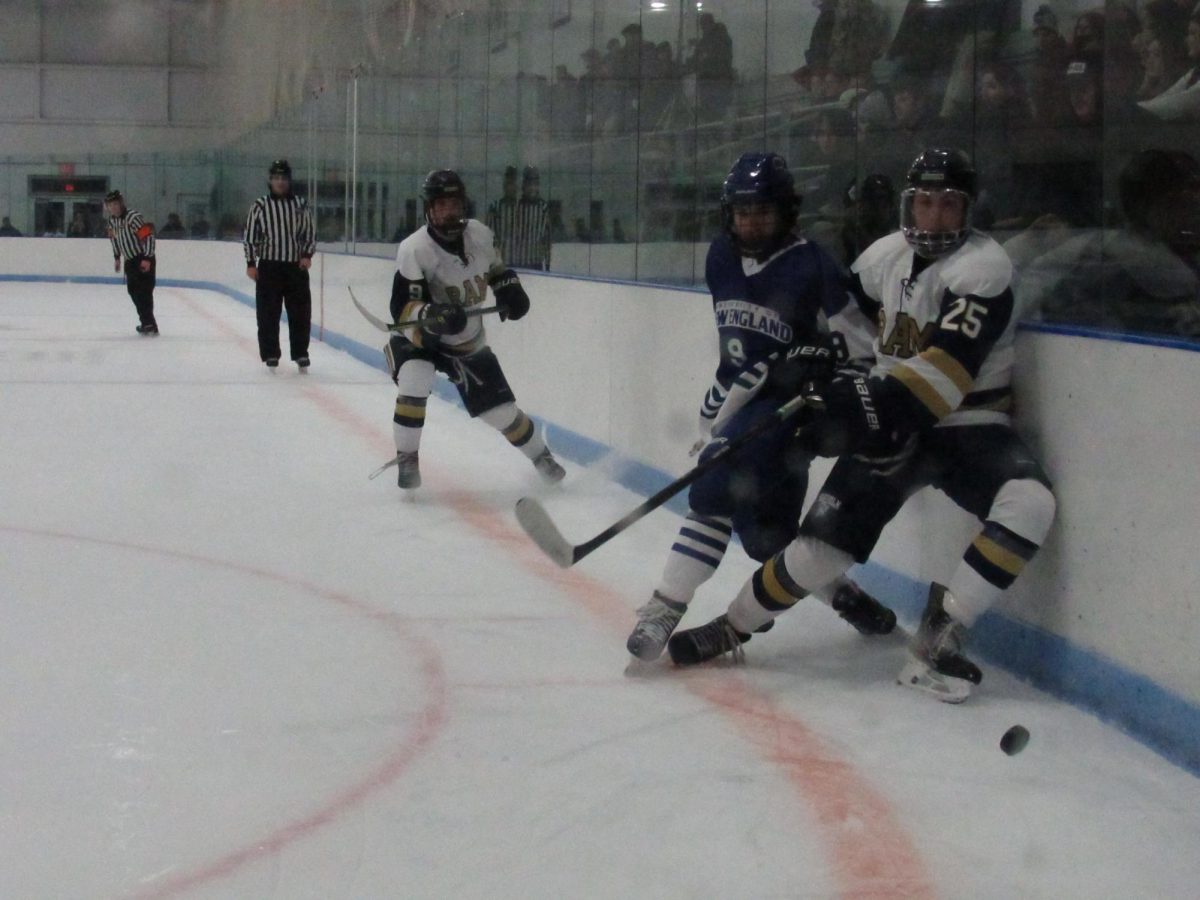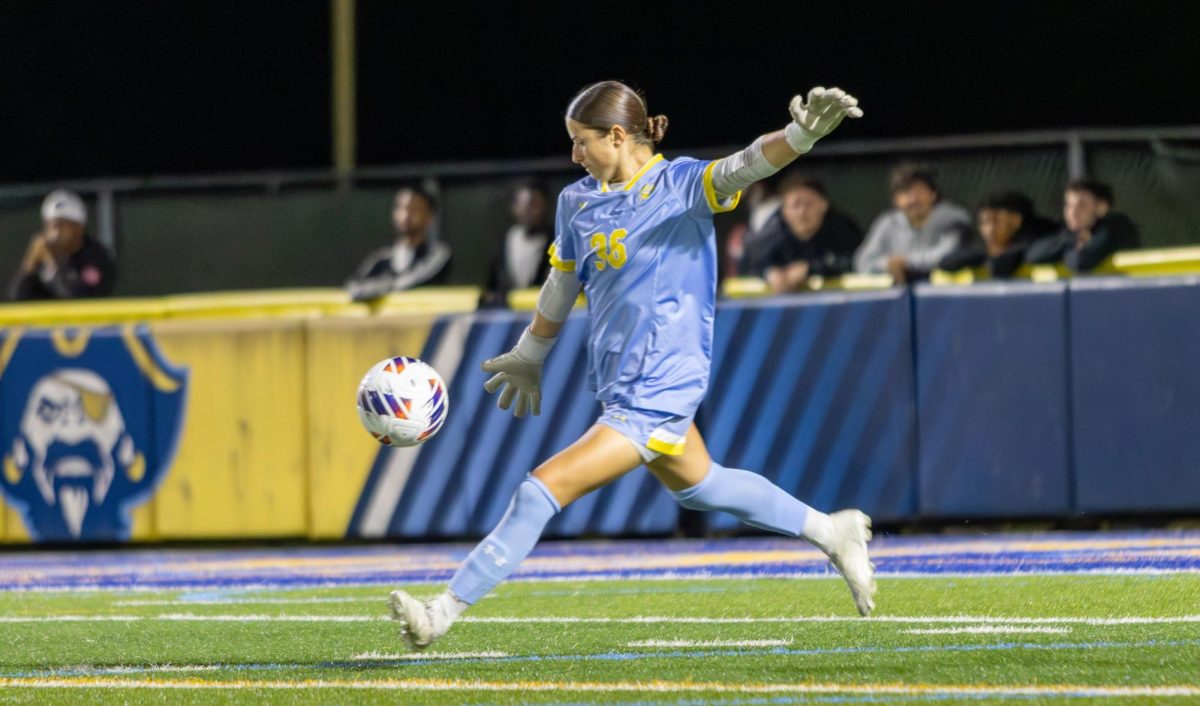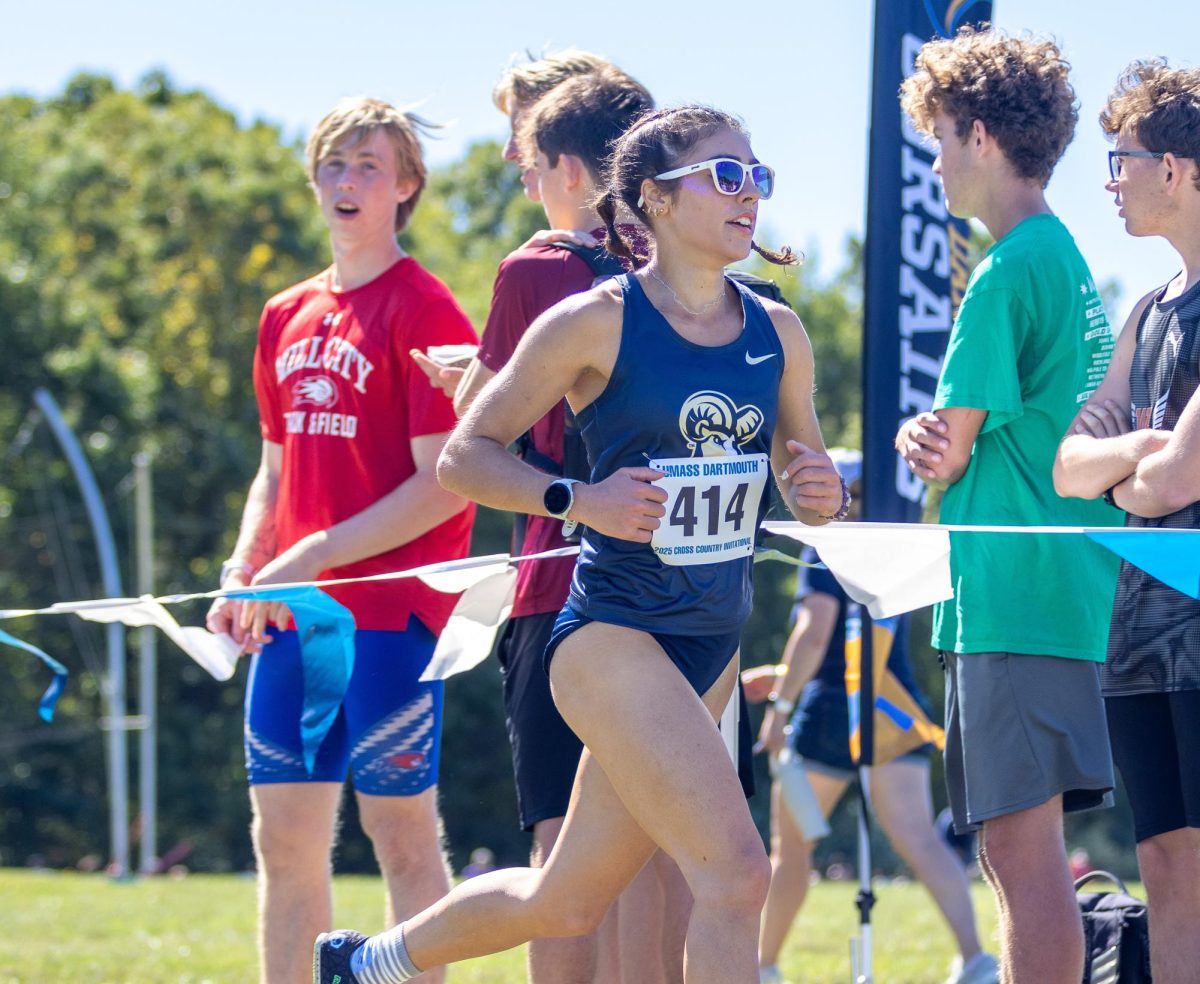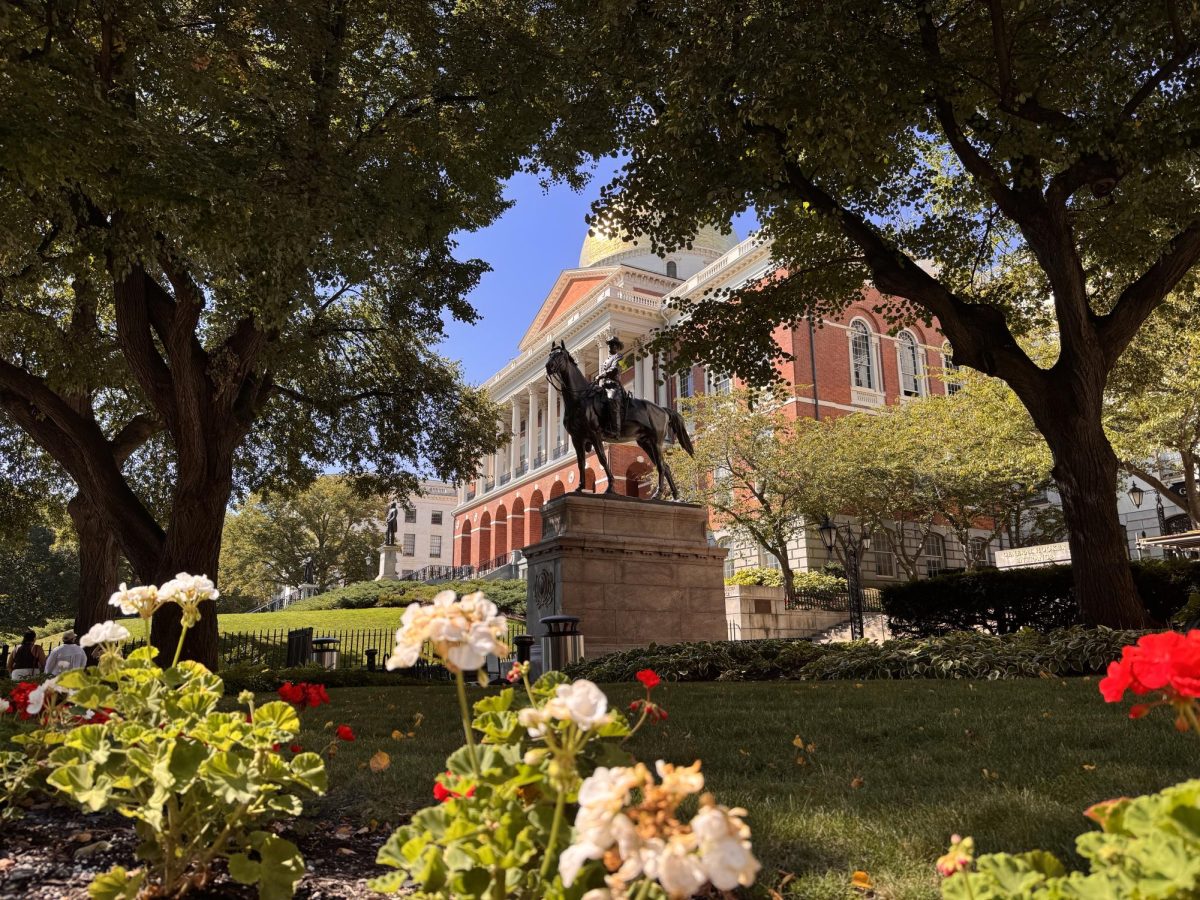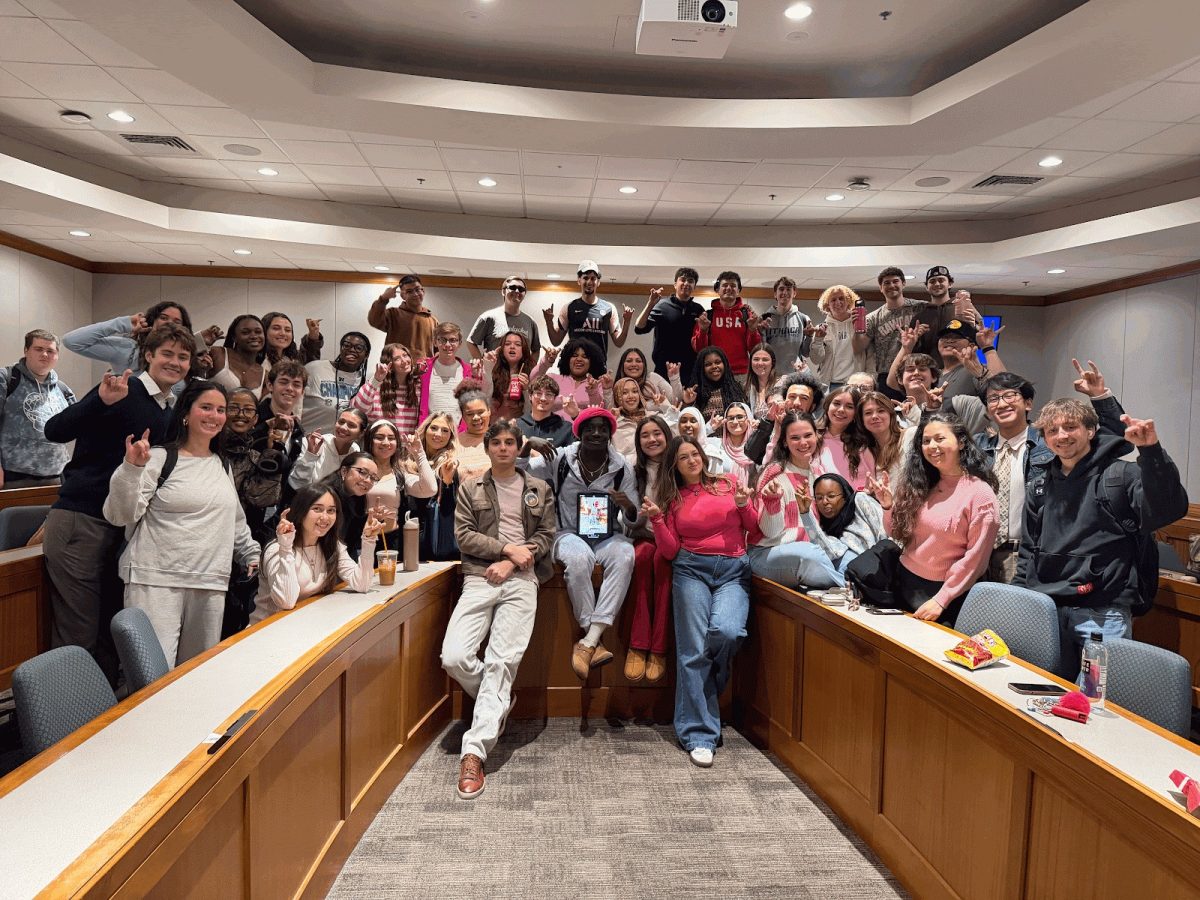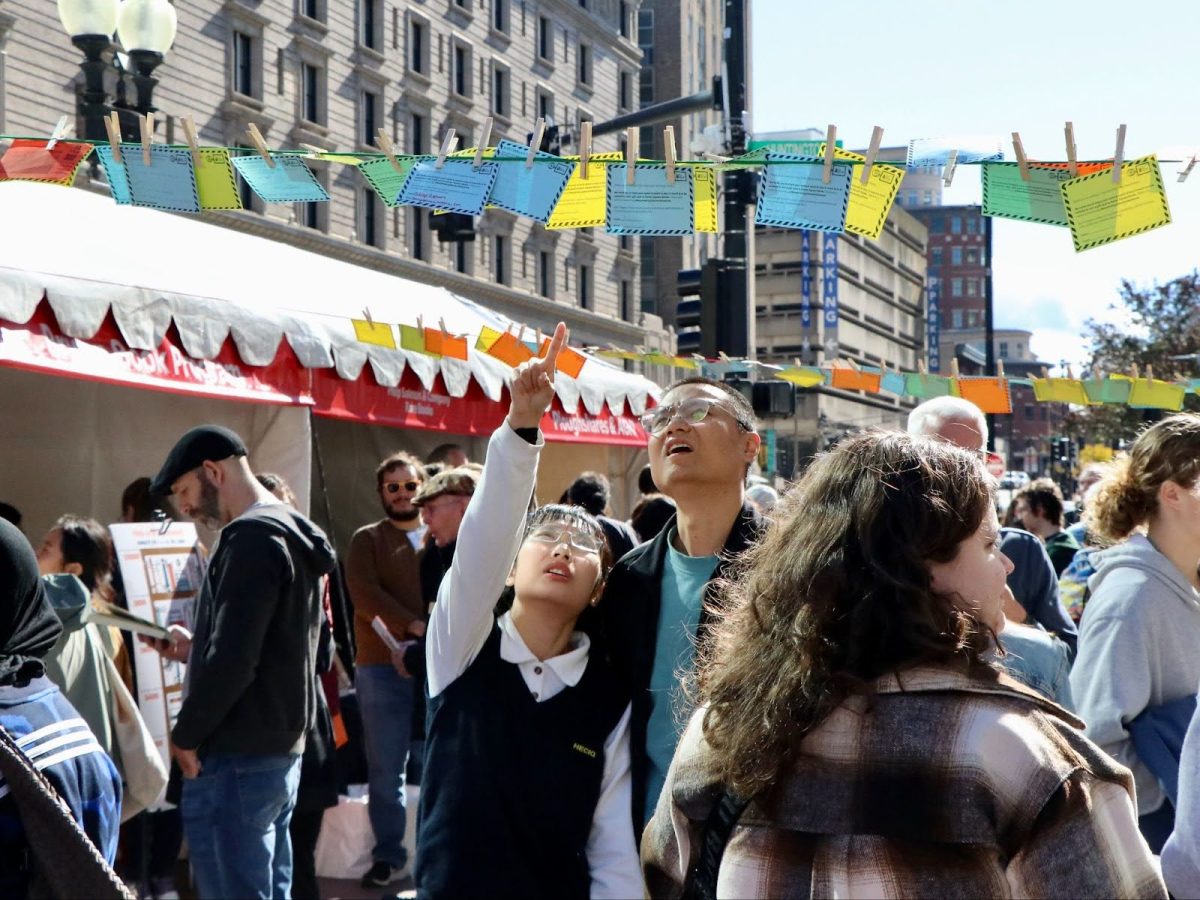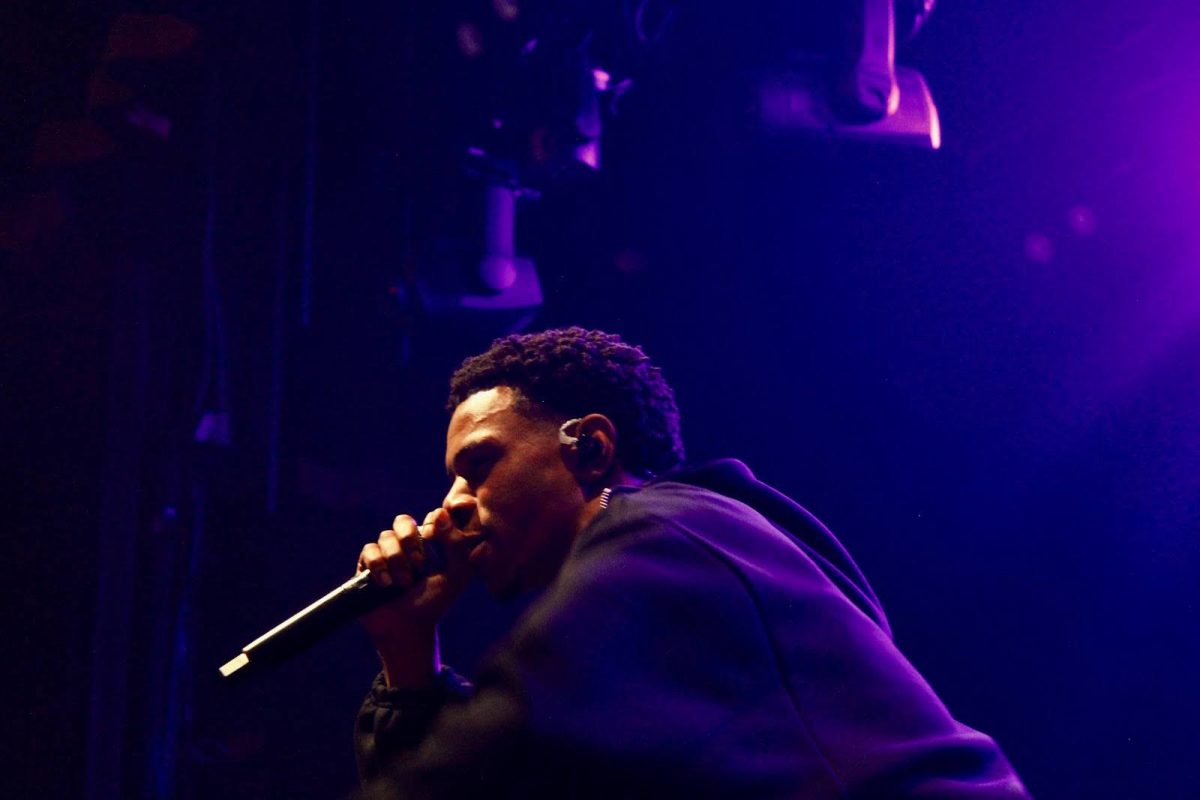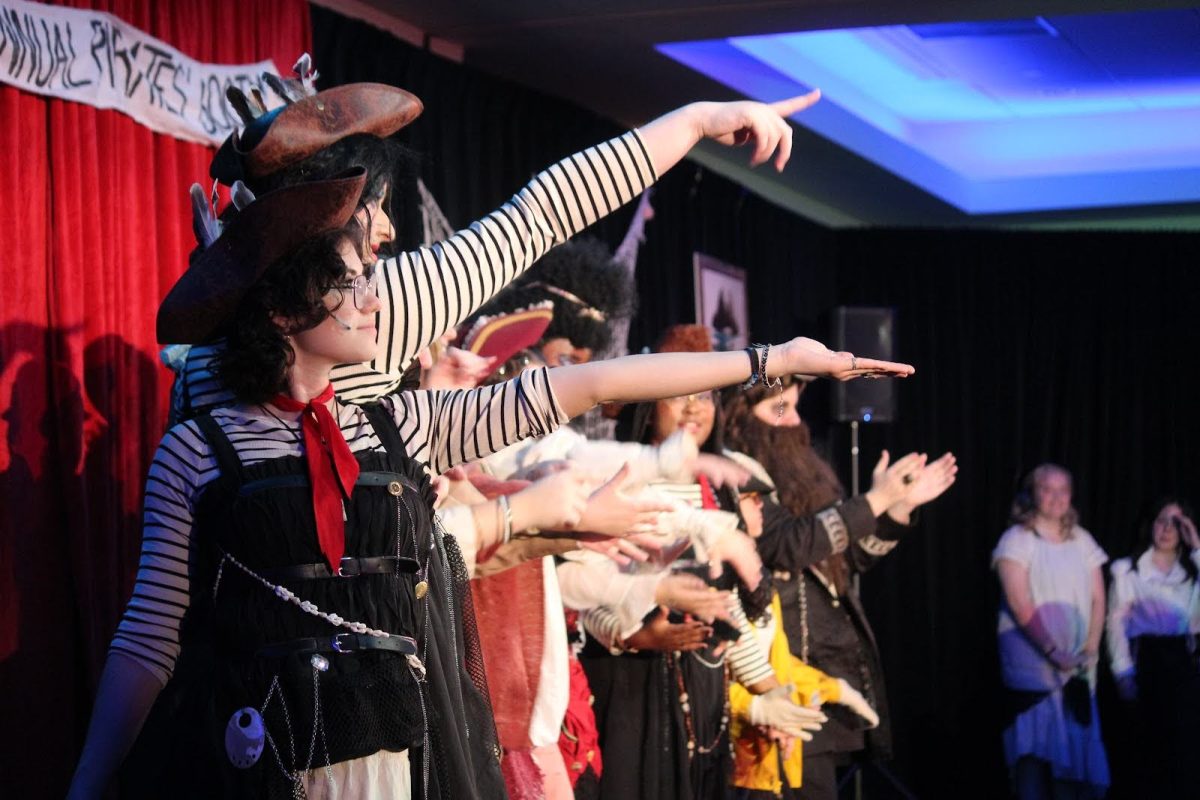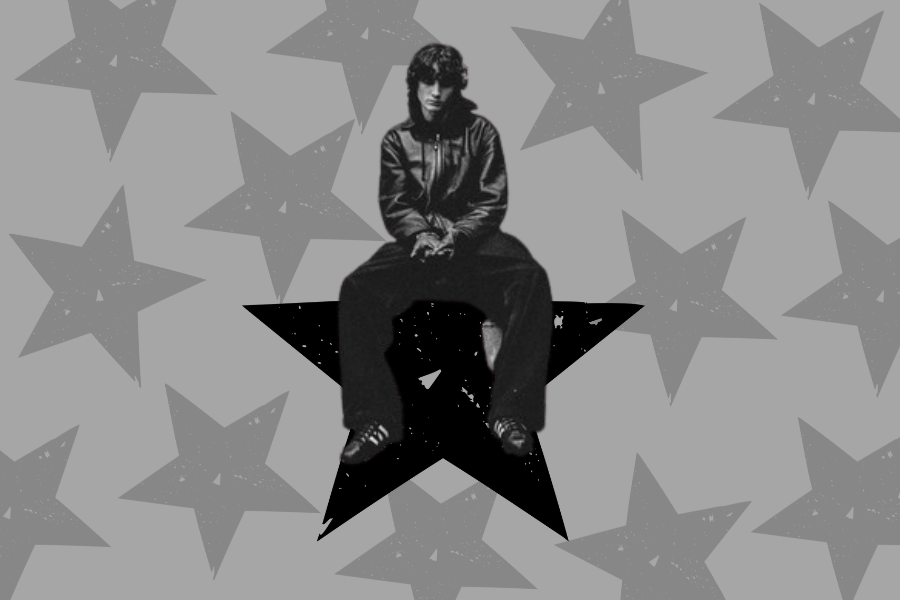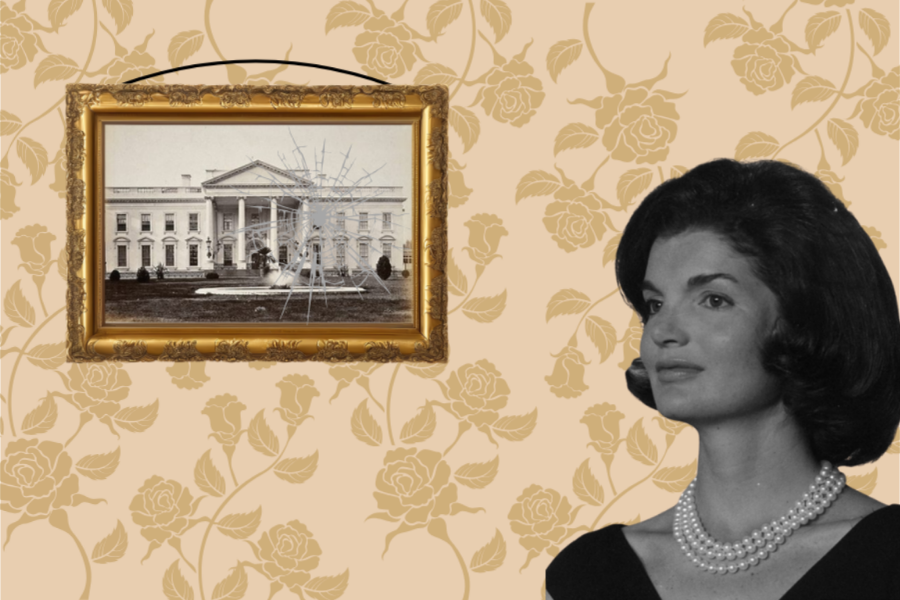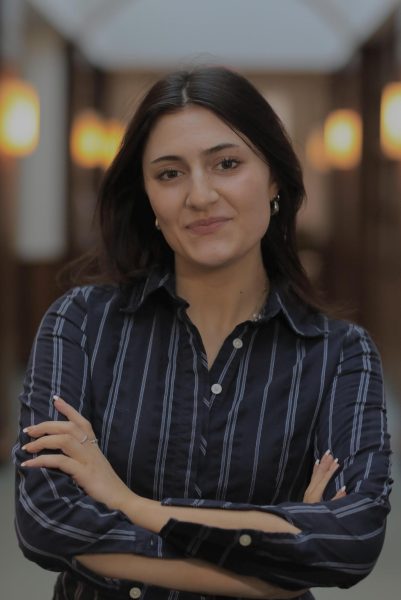Suffolk University communications, journalism and media department Chair and Professor Shoshana Madmoni-Gerber along with political science Professor Rachael Cobb host “Election Connection,” their own podcast spreading awareness about the political process, with hopes to make information accessible and digestible in a time of political unrest.
The podcast, which currently has 23 episodes and more on the way, has been Madmoni-Gerber and Cobb’s way of tackling hard issues that students may not fully understand about the democratic process. Cobb saw it as a need for students who felt uninformed but struggled to ask or do their own research about electoral processes.
“I am so aware that so many people feel alienated in the political process. They feel genuinely unclear, and ashamed about their feelings of not knowing things,” said Cobb. “There are so many excellent questions to which there are not simple answers, and I really wanted to start a more public-facing avenue to get information into people’s heads as clearly and as quickly as possible.”
The two came together with a unique set of skills that make the podcast an informative exploration of the electoral process and the media that accompanies it. Madmoni-Gerber’s background in journalism and Cobb’s concentration on political parties in her graduate degree make the hosts well-equipped to discuss a wide variety of election issues.
“Together we bring the cross between Rachael’s expertise in elections and my journalism senses,” said Madmoni-Gerber. “If you listen to it, it’s a conversation. We try to keep it light with any topic. We think that bringing in historical perspectives is important, examples and incorporating questions we get from students.”
With the growing popularity of podcasting, it felt like the right way to tackle subjects so many students may need guidance on.
“The nice thing about a podcast is you just click play and you learn a little something,” said Cobb.
The two found the upcoming Nov. 5 election a particularly important one to cover, which led to the creation of “Election Connection.” The podcast started last January and has been covering this unique election year. As the presidential candidates change and things continue to develop, the hosts have made a point to try and answer all the important questions that come with such a polarizing political climate. They allow their platform to be a place where anyone can send in questions about all things election to be answered on the podcast.
“I love the Q&As. I think they’re great because they are all-encompassing,” said Madmoni-Gerber.
Other than Q&As, they try to cover the basics of the United States political system. The beginning of the podcast focused on the structure of democracy, and the hosts have been able to use that structural education to expand this coverage to more specific election talking points. With the foundation set, the two want to start talking about policy and tackling topics like the Massachusetts ballot questions.
This election has seemed to generate more engagement for Madmoni-Gerber and Cobb, who have both been on campus and teaching for multiple major elections. As for Cobb, she hasn’t seen this level of excitement and engagement on campus since the 2008 election, which made history with the election of President Barack Obama.
“That one was huge. I live in Cambridge. Massachusetts is not a swing state. I had a polling station on my street, and when I woke up in the morning the line was already around the corner, and that happened nationwide — and all the students were aware of that,” said Cobb.
Cobb has seen this election as a particularly engaging one for her respective department. While she has seen the students of the political science department rise to the occasion of this presidential race with excitement and interest, she knows it is not the case across campus. The political science department has been working to encourage students to be informed campus-wide as election day approaches. With involvement in organizations like Suffolk Votes, the department has made this conversation campus-wide.
“I feel as if more students have been talking about it outside of our majors, and there is more connection, and I think we have done a better job of outreach to more students,” said Cobb.
The podcast hasn’t been just to service students. For Madmoni-Gerber, having a podcast on campus has been a unique revisitation of practicing journalism.
“It’s getting me to reconsider what I like and what I don’t like about journalism, and it’s providing me with a platform to analyze it,” said Madmoni-Gerber.
The most recent episode covered the vice presidential debate, which was an opportunity to understand the media’s choices when handling candidates and their platforms, an interesting examination for Madmoni-Gerber.
“The structure and decisions made by editors and anchors, why they’re deciding to fact check or not fact check, to kind of come back to these topics and think about them and rethink them. It’s been great,” said Madmoni-Gerber. “To rethink, what would make a candidate negotiate and have the terms be ‘don’t fact check me.’”
Madmoni-Gerber and Cobb both have struggled with the idea of people not being interested in taking part in democracy within this election. The practice of separating from politics is a new concept for Madmoni-Gerber.
“Just in general, learning all the ins and outs that sometimes are so foreign to me. I’m not used to this kind of system. I’m coming from a country where I grew up around many political junkies, and everybody was involved and everybody read the paper,” said Madmoni-Gerber.
“The news is about critical things that are affecting everybody’s life every day, so for me to live in a place where people can just disengage like that is very strange.”
While understanding how frustrating the system can be, both hosts hope students can learn that although the process is flawed, their engagement is crucial.
“Every election has consequences, and non-participation is a form of participation too, that is not helpful. Voting is the one way to express our political voice,” said Cobb. “There is a direct message to politicians with votes that they don’t get in any other way. I see them dismissing young people who don’t vote, I see them dismissing groups of people because they don’t vote. I don’t want to be dismissed, and I don’t want our students to be dismissed.”
Cobb and Madmoni-Gerber have seen that contested elections and ballot questions like that of this cycle can be decided by a handful of votes. By using the podcast to share their expertise and encourage young voices, they hope listeners can understand the value of their democratic duty, regardless of how they were raised to view the practice of engaging with it.
“Democracy demands that we will be active participants. It is not a spectator sport, it just isn’t,” said Madmoni-Gerber.
While the podcast has had a very important focus on this particular election, both hosts have episodes planned after the election is over. The experience of collaborating with one another is something Madmoni-Gerber hopes can continue in some form beyond this election cycle.
“This is one thing that we are so passionate about and we are really having fun doing,” said Madmoni-Gerber. “We’ve started to think of other ways we can partner. I don’t know if there is a new evolution of this that will remain at the intersection of politics and journalism, because it is there, not just about the election, it’s always there.”


